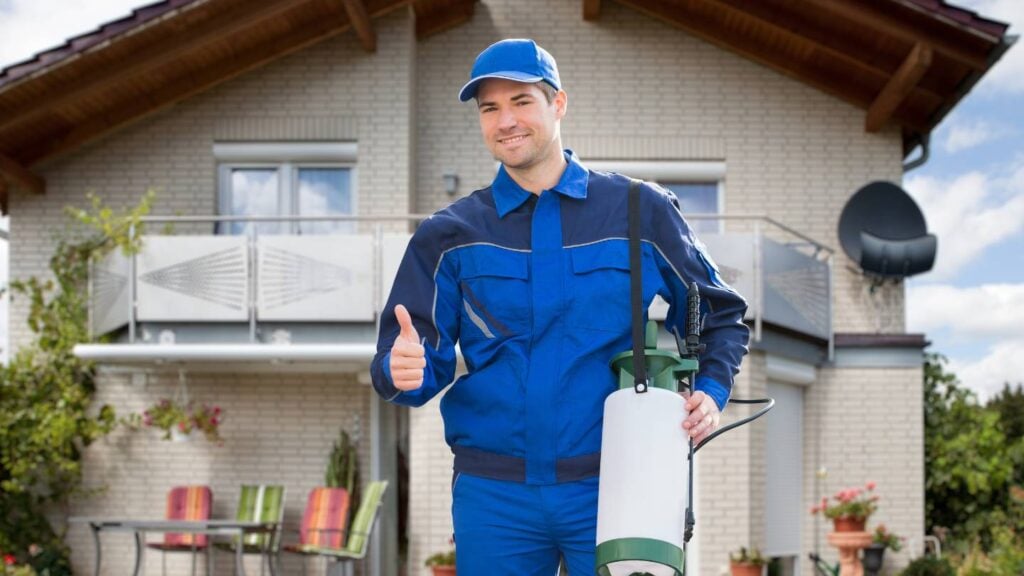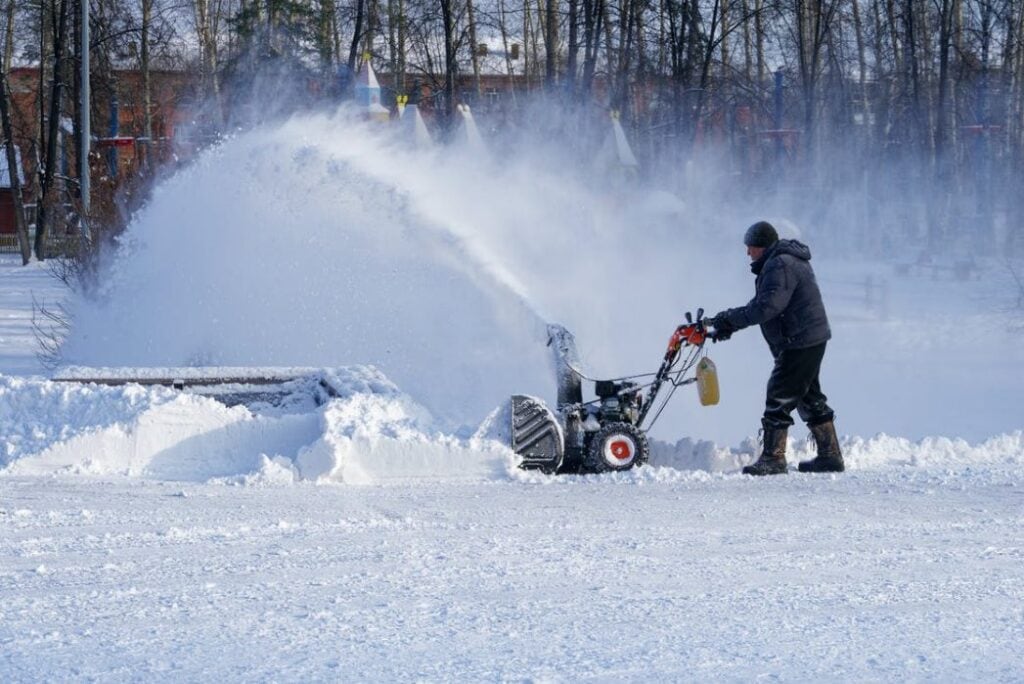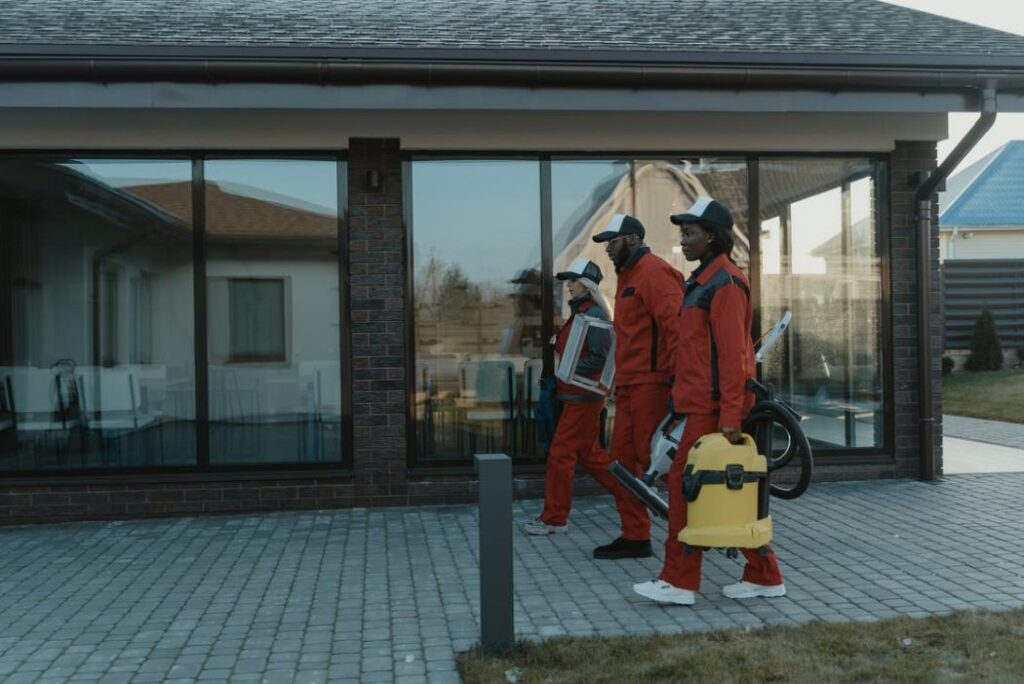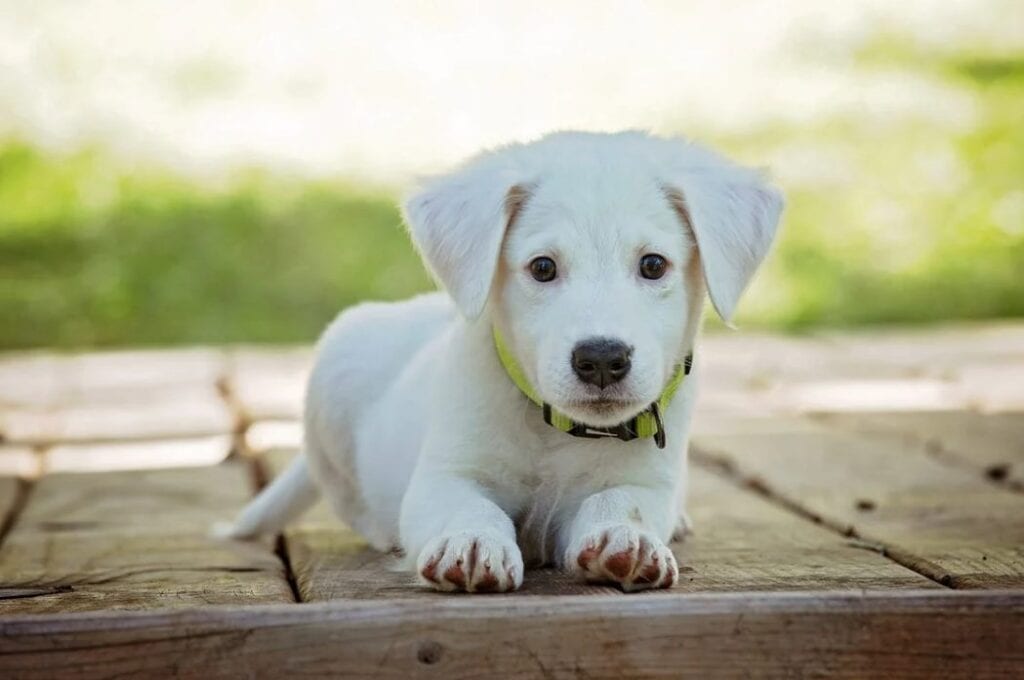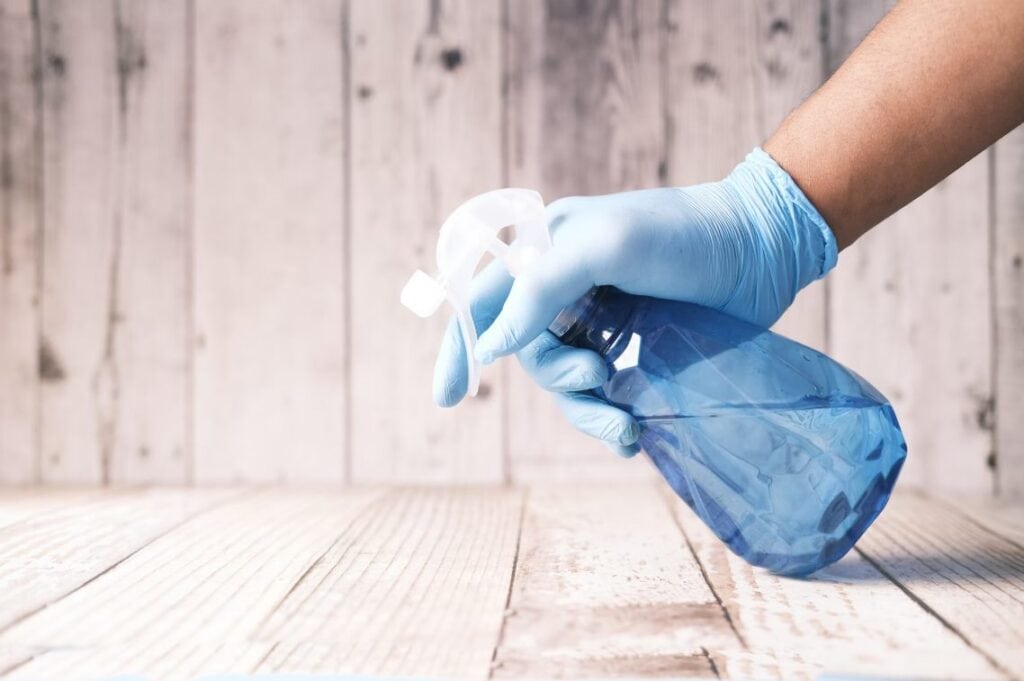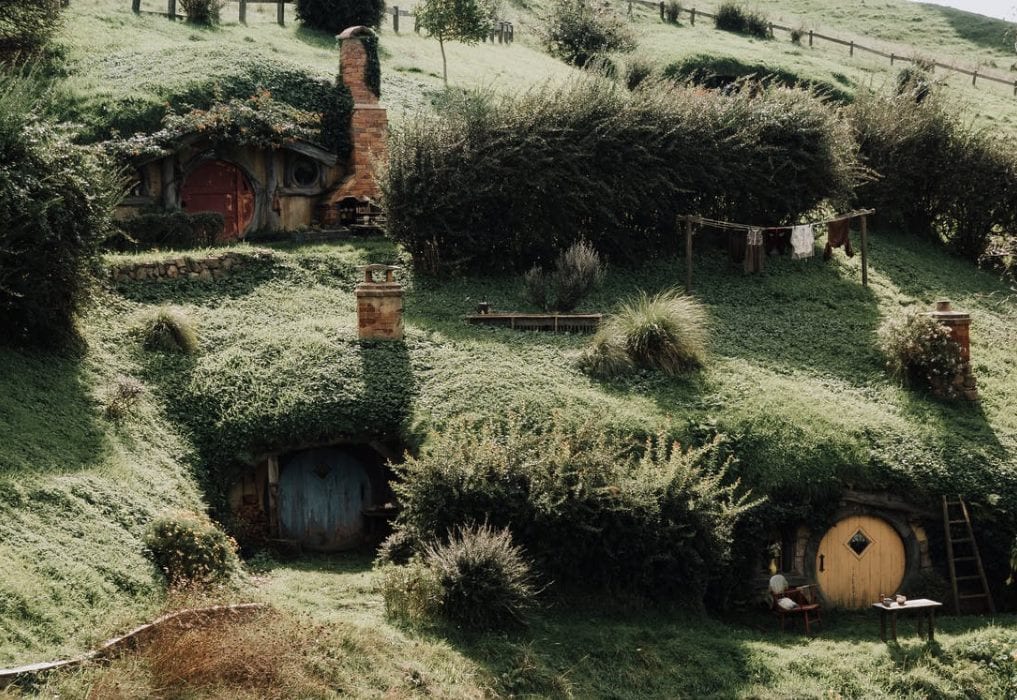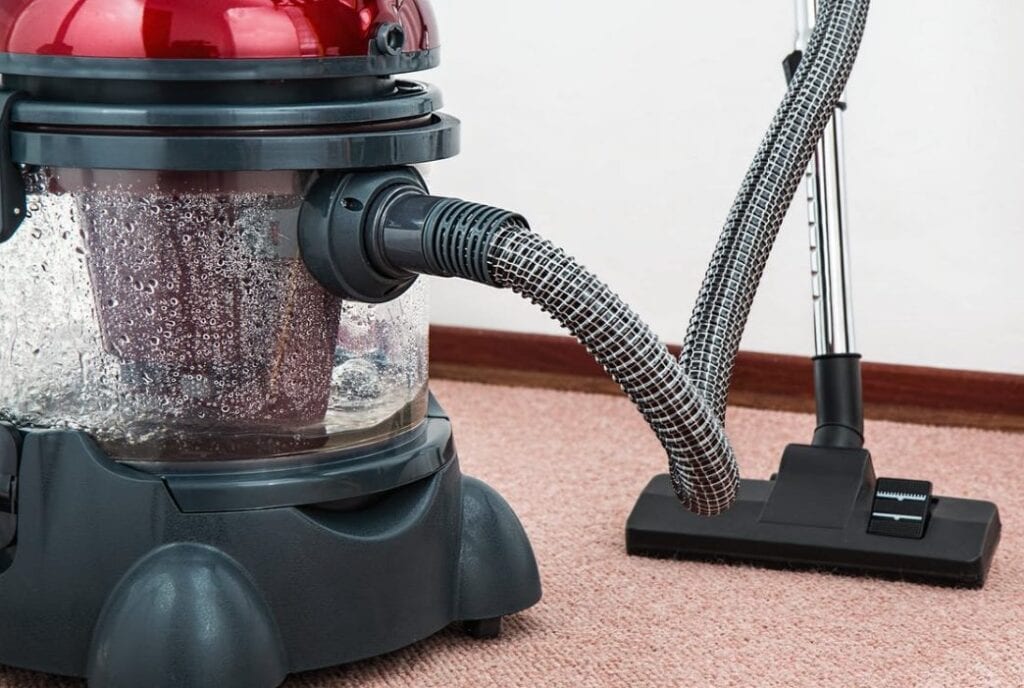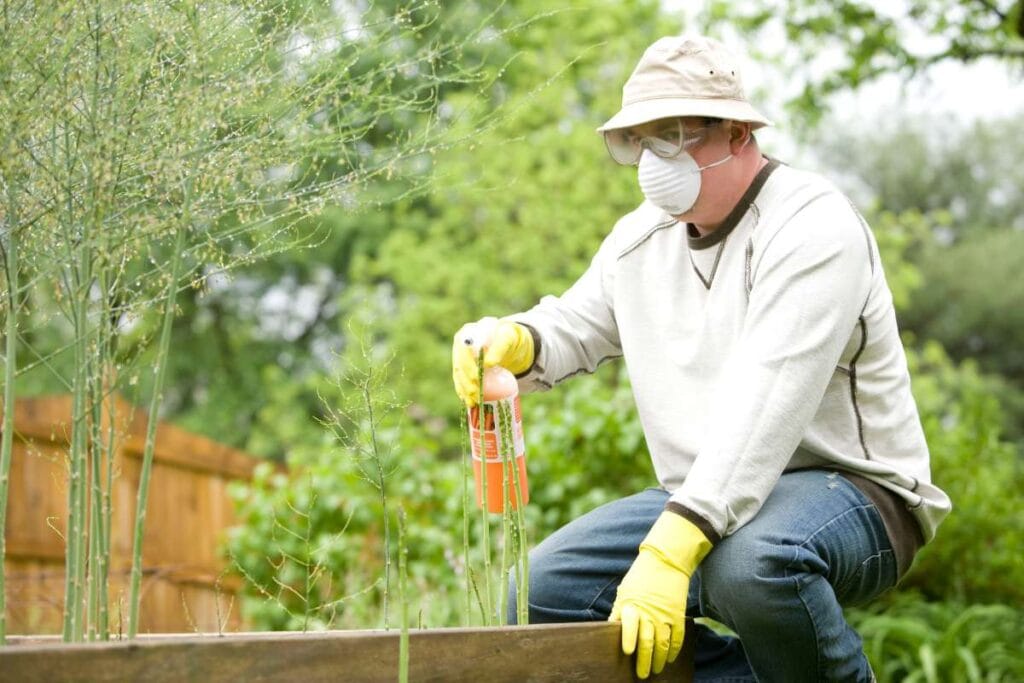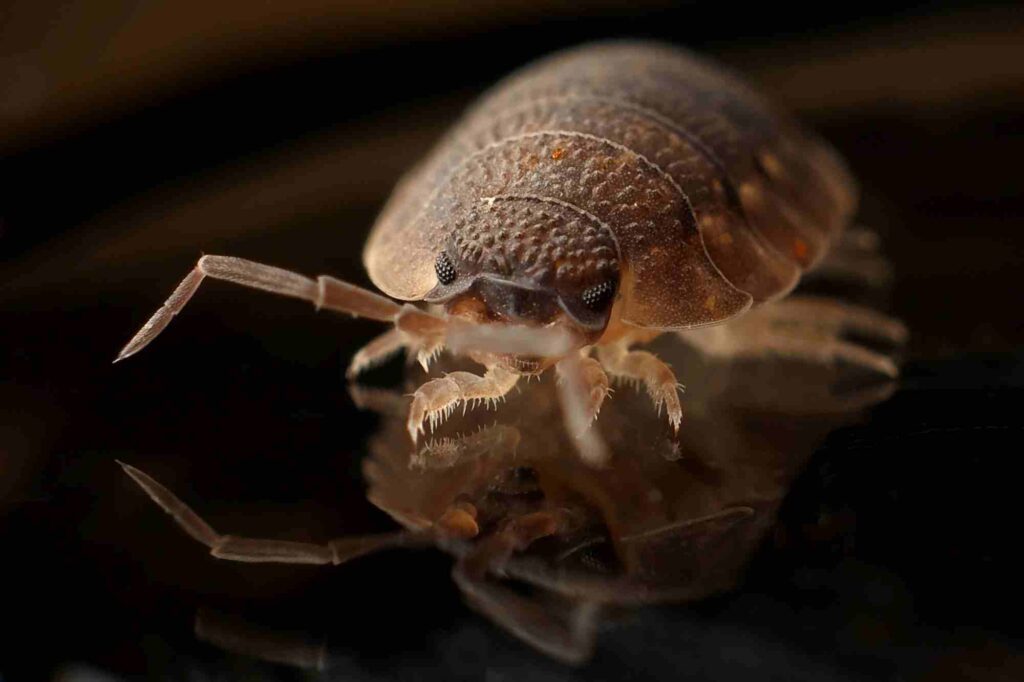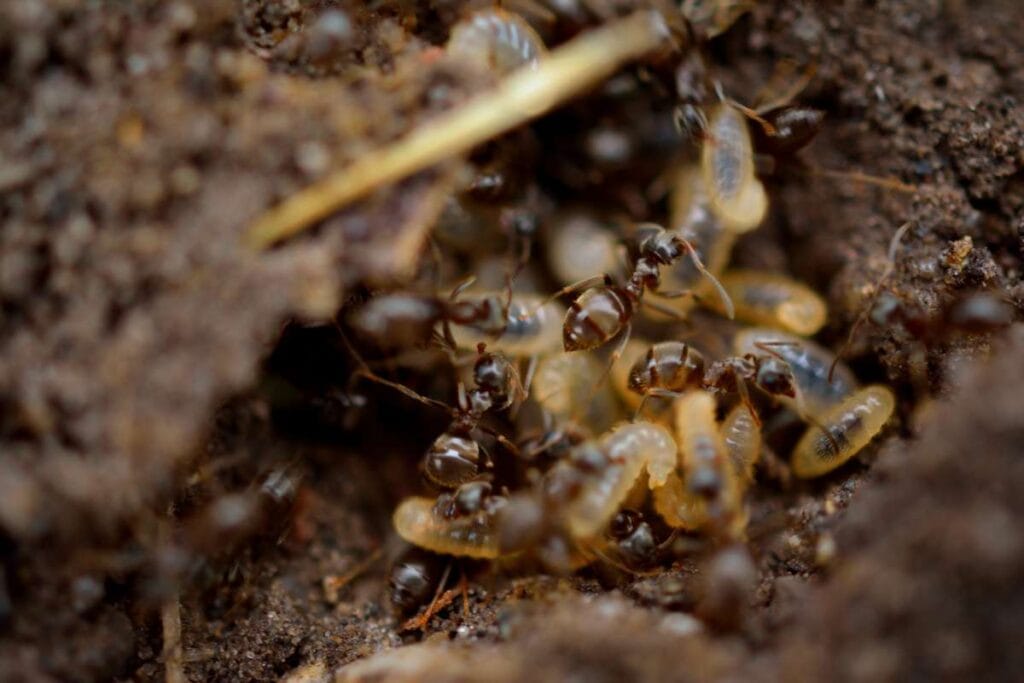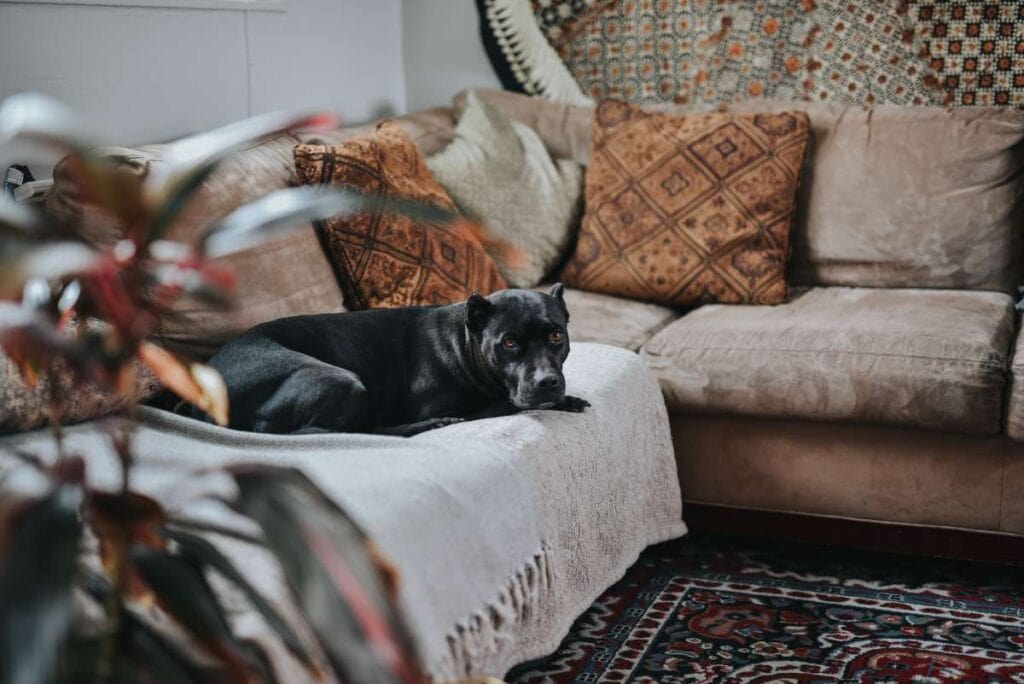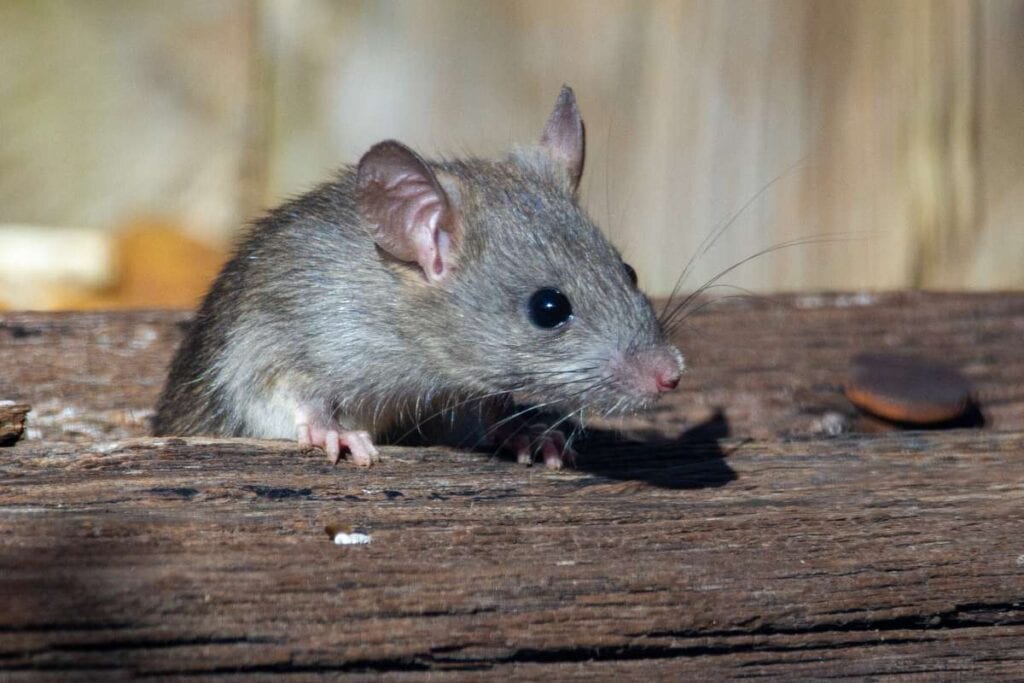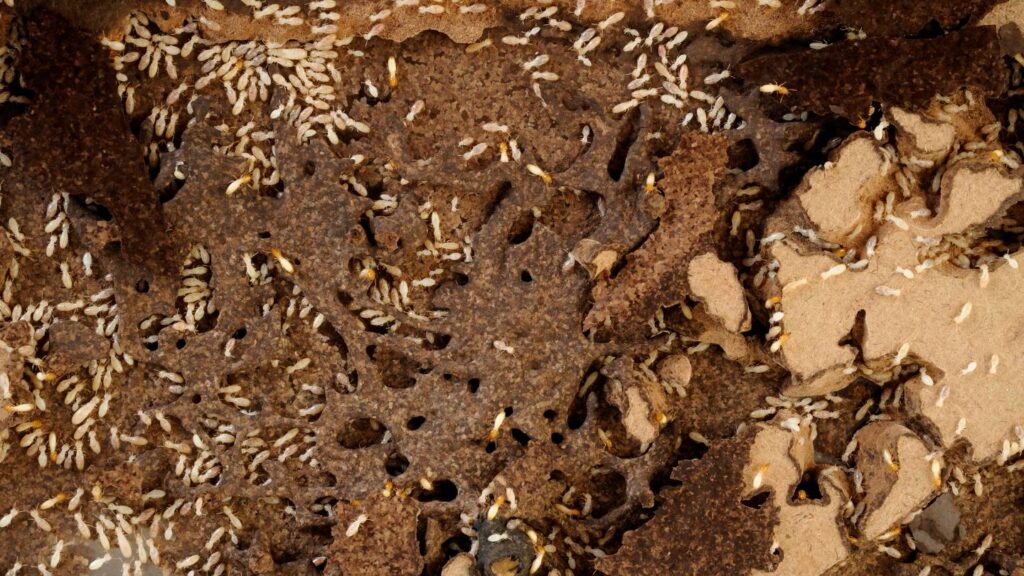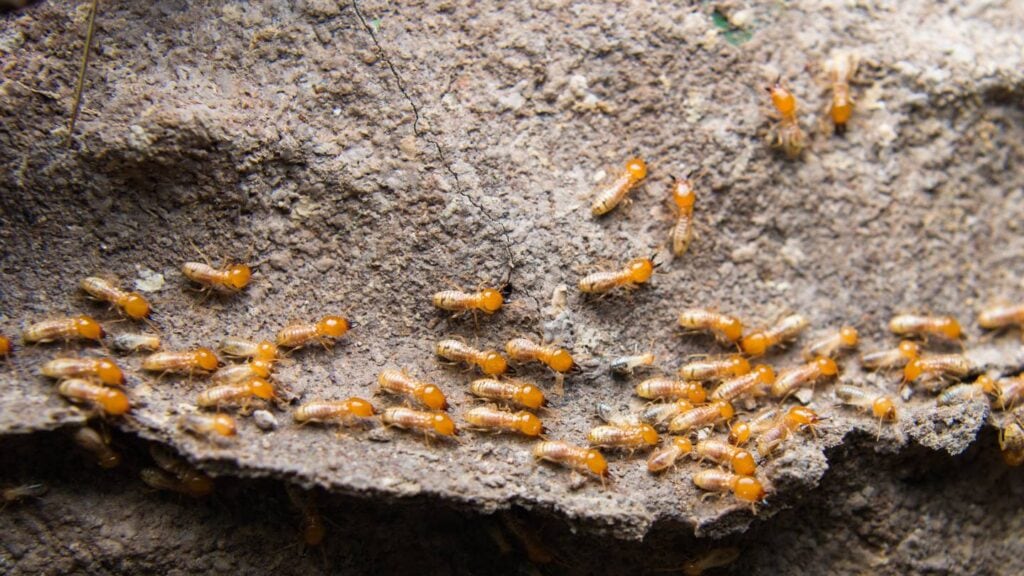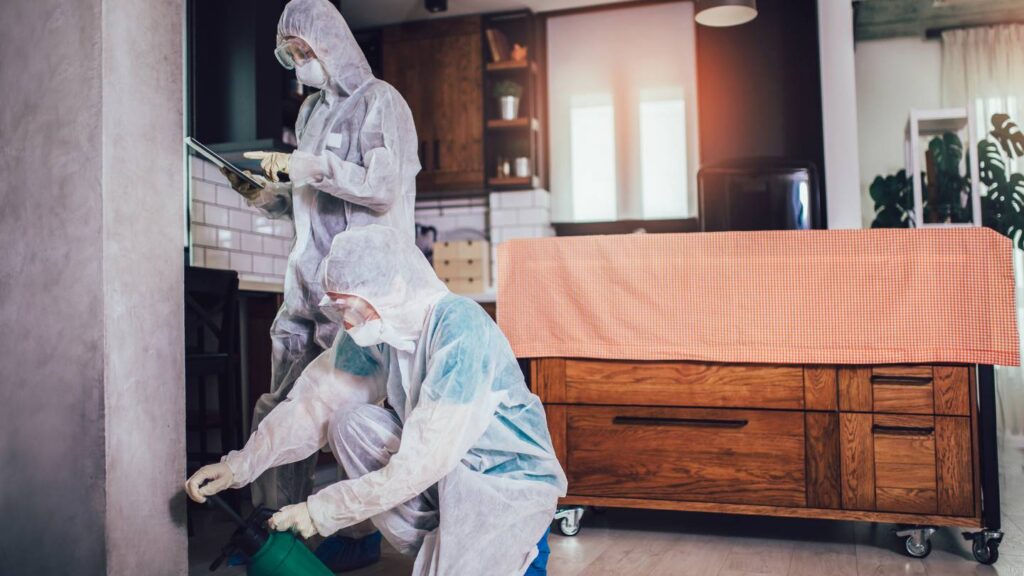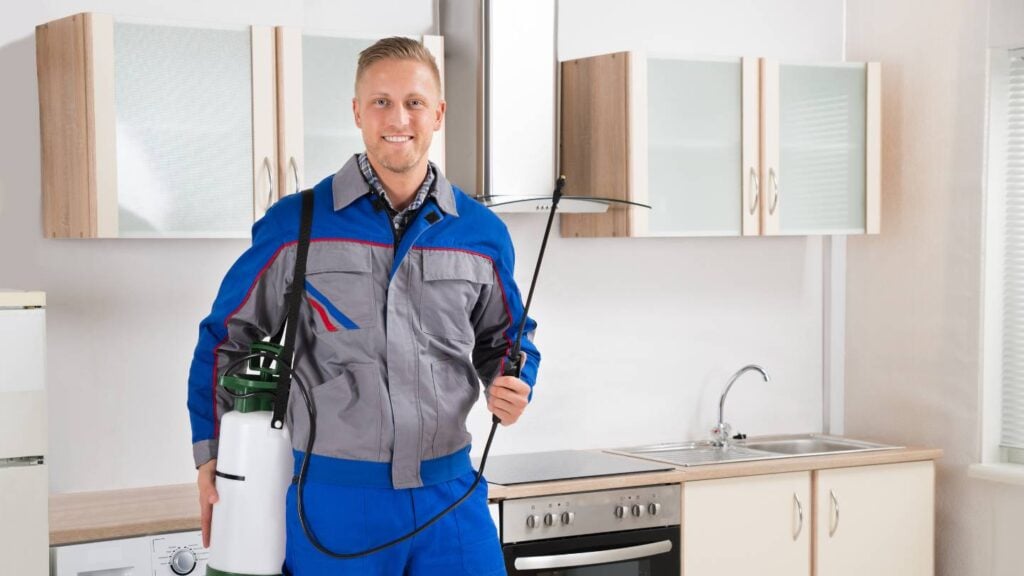When animals aren't feeling well or can't get out, they have a knack for finding ways into warm places like attics, basements, and even cars. Especially if you don't discover the carcass soon away, the stench from a dead animal that sneaked into your house, vehicle, or structure will be repulsive and unpleasant. Since you don't want to put anyone at risk of contracting parasites or diseases, the first and foremost step in getting rid of the smell of a dead animal is to find and remove the source of the scent.
Removing the Smell
It Would Help If You Found The Animal.
Go where the smell is coming from by following your nose. Limit your search to a specific room in your home (such as the basement or attic, for example). After that, follow your nose to the area with the greatest aroma. If the animal does not die immediately upon impact, you should conduct some investigation. Look in locations such as:
- In the space between walls (you might need to make some holes)
- Beneath the flooring
- Behind or beneath insulation
- Beneath mounds of rubble
- Next to heat vents or sources of heated air
- Near water mains or piping
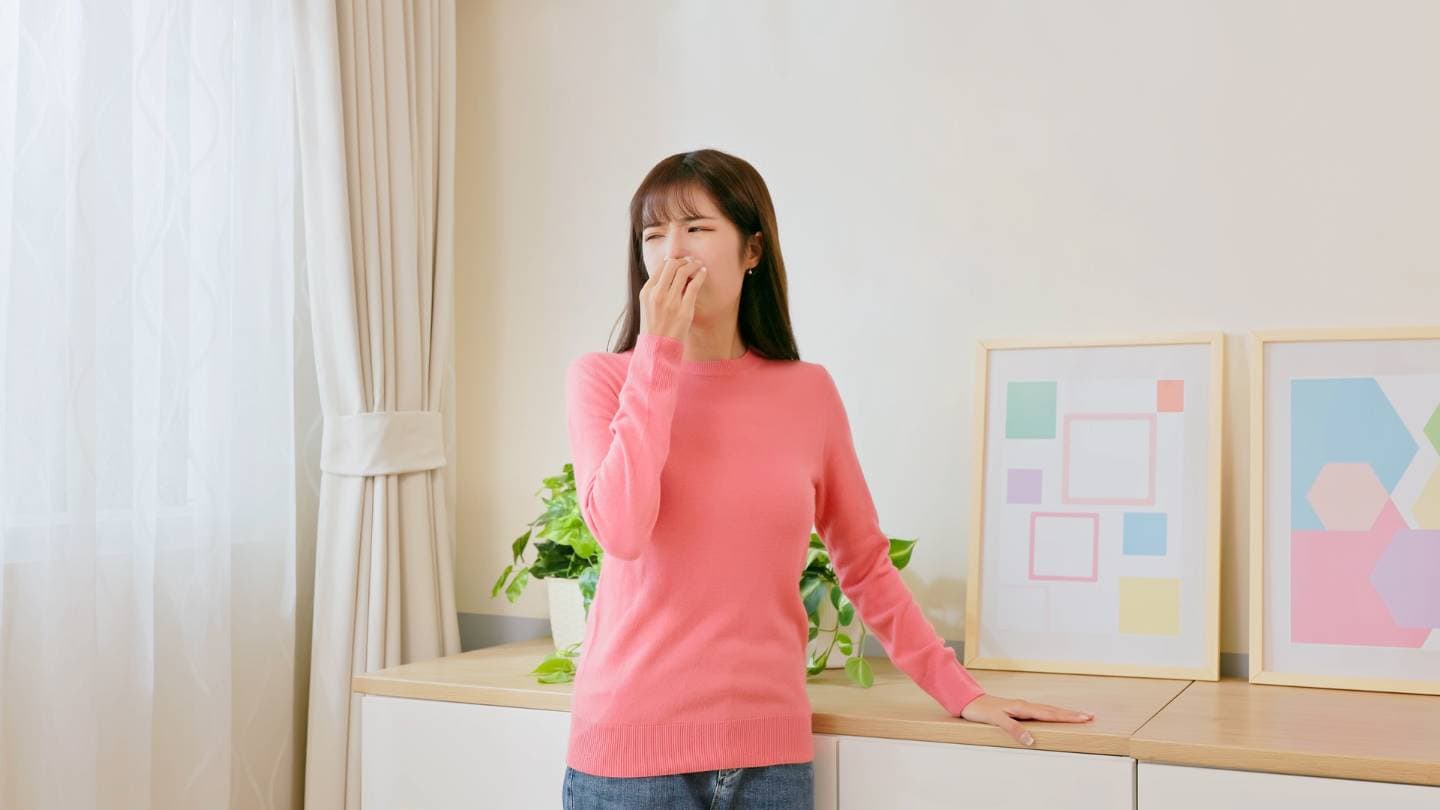
Eliminate The Thing That Is Causing The Smell.
Depending on the regulations in your municipality, you have the option of burial, burning, or disposing of the corpse in the trash. Use a shovel or gloves to transfer the carcass to avoid direct contact with the animal.
- Before burying the animal, put it in a tiny box with a biodegradable bag. Ensure you won't accidentally cut off water or gas by checking area maps or contacting the zoning agency in your area. Fill the hole you dug three or four feet deep with dirt after placing the box.
- If it's legal in your town to burn, then by all means, do it over a campfire.
- First, wrap the corpse in newspaper; then, place it in two sealable plastic bags; and last, dump the bags in the trash.
- Sometimes, you can arrange for an animal control service to come and collect the body, or you can leave the carcass at their location.
Get The Space Clean And Disinfected.
Put on your gloves and use a rag or paper towel to clear up any fur, fluids, or other debris the animal may have left behind. Applying an enzymatic cleanser spray to the surface will decompose the organic compounds, eliminating lingering infections or smells. After 10–15 minutes, wipe the area with a clean rag and dispose of the rags and garbage. The solution has been sitting for a while. Examples of enzymatic cleansers are:
- All-Zyme, Nature's Miracle, Fizzion, EmPower Foam, and Ultrazyme
Clean Fabrics.
Cleaning and sanitising any drapes, clothing, linens, or other objects that may have come into contact with the dead animal is also necessary. Taking them to a dry cleaning is your best bet for this. Alternatively, you can use your washing machine by adding one cup (240 ml) of either to hot water during the regular cycle if that is not possible:
- Pine-Sol, Bleach, and hydrogen peroxide!
Remove Anything That Cannot Be Cleaned.
Occasionally, animals perish in inconveniently accessed places, like atop insulation. Taking out the uncleanable material and replacing it is the best course of action in this situation.
Purifying the Air
If You Are Unable To Find The Animal, You Should Be Prepared.
If the animal perished in an inconvenient location, like behind a wall, removing its remains and eliminating the stench might be impossible. Size, temperature, and humidity all affect how long it takes for an animal's remains to decompose and for the odour to fade, but it could be weeks or months.
- Find out where the stench is coming from, roughly speaking.
- To treat the area with a disinfectant or odour eliminator, it may be necessary to drill holes to access the area where the animal is located, such as under floorboards or behind a wall.
- Clean up the area with a powerful disinfectant or odour remover. Bac-Azap, Earth Care Odour Remover Bags, or Smelleze can be sprayed into the perforations.
- If the bags become full, you may either refill them or keep spraying the elimination spray until the breakdown process is complete.
- Seal the openings after the odour has dissipated.
Let Some Airflow Into The Room.
Ventilation is essential for removing odours and freshening the air, whether you've already eliminated the source or are waiting for it to disappear.
- To let fresh air circulate, open all available windows in the room.
- Get some fans up so air can be blown out the windows from within the house. If getting rid of the animal is not an option, this becomes much more crucial.
Deodorise The Air.
You may neutralise and remove any residual odour in your home with the help of one of the many deodorising products available. Here are some ways to absorb and get rid of smells:
- Shirts drenched in Bleach. Then, soak a few rags in a basin of boiling bleach water. After extracting the liquid, hang the bleach cloths securely in the designated spot. As they become dry, replace them. For safety reasons, keep kids and dogs away from the area and ensure plenty of ventilation.
- The baking soda container is open.
- An airtight receptacle for recently ground coffee beans
- Activated carbon
- An air filter that incorporates a filter that absorbs
Freshen The Air.
To further enhance the aroma in your home, you can use air-freshening goods like:
- Commercially available aerosol sprays and mists, like Febreze and Lysol
- Aromatic candlelight
- Diffusers, cotton balls, or a mister or spray container filled with a mixture of essential oils, water, or alcohol
- Scented aromas or aromatic oils
- Aromatherapy diffusers
- Medicinal sachets stuffed with fresh, powerful herbs like lavender and rosemary.
Controlling the Entry of Animals
Seal Off Any Openings Or Gaps.
- The best strategy to keep animals out of your home is to seal any holes, gaps, vents, or other entry points they might use to get in. Make careful to seal any openings that are more than half an inch (1.25 cm) in diameter, chimneys, vents, gaps, crawl spaces, and cracks.
- To prevent animals from chewing through the materials and getting into your property, it is recommended to use metal wire, concrete, and mortar.
Remove Potential Food Sources.
Outside your home, attractive things, like food or water, can encourage animals to enter. Here are some steps to get rid of these magnets:
- Drain any areas where water is pooling around your house.
- Pick up bird seed and animal feed.
- Put compost and refuse in containers that won't attract rodents.
- Gather any garden produce that has fallen to the ground and put it away. Pick up any pet waste.
Clean Up The Area Surrounding Your House.
Animals can find shelter or access to normally inaccessible areas of your property in piles of wood, rubbish, overgrown plants, and branches that hang over. Keep the area around your house free of trash and rubbish by trimming and maintaining the grass, trees, and plants.
- For example, a tangle of overgrown shrubs could provide an ideal nesting spot for a rat.
- Animals may be able to climb up onto your roof if branches are dangling over your property.
- Similarly, animals may access higher entry points if you pile organic materials, trash, and rubbish against your property.
Advantages of Using a Professional Dead Animal Removal Service
There are various advantages to hiring a company to remove deceased animals from your home or business. Ensuring safety is a major perk. Due to the presence of bacteria and other microbes, long-term exposure to dead animals can harm human health.
To avoid these potential health hazards, hiring a professional service to remove the carcasses is best. In addition, experts have the training, safety equipment, and tools to handle potentially dangerous jobs.
The presence of a dead animal on your property might not only cause an unpleasant odour, but it can also lure in other pests such as flies and rats. Not only will a professional remove the carcass, but they will also sanitise the area to remove any remaining smells.
Quickness is yet another perk of using a dead animal disposal service. If you aren't familiar with the process, removing an animal's corpse on your own could take a long time. Experts know what to do in each case to swiftly remove the carcass from your property.
You may rest easy knowing that this is being handled by experts who know how to remove it in a way that complies with environmental rules and doesn't cause anyone else any grief.
Why Choose Insured and Licensed Dead Animal Removal Service
Reliable, Quick Service You Can Rely On
A swift removal of any deceased animals from your home or property by trained professionals is one advantage of hiring them. This will eliminate any potential dangers, bad smells, and unsightly sights. Many people fail to realise the grave dangers posed by uncooked animal remains.
These remnants, which may contain anything from germs to parasites, threaten people and other animals. For instance, rodents that come into contact with dead animals might spread infections such as Hantavirus. The transmission of illness and preserving a safe environment depend on the proper and timely disposal of dead animals.
In addition, the smell of decaying flesh can linger for days after an animal has been left out in the open. Professional wildlife removal services will remove the animal from your property before any unpleasant odours develop, allowing you to enjoy your home more.
Also, expert wildlife removal operators know how to properly dispose of carcasses without contaminating the area or endangering human health because they are trained and equipped to deal with such situations.
Have Faith In The Professionals Working On Your Project
Also, when you choose a professional dead animal removal service, you can relax because individuals with the necessary expertise and equipment will complete the task. To remove a dead animal from your property and dispose of it in an eco-friendly way, you should hire a professional service. You can believe in their responsible and law-abiding behaviour because they know the protocols when handling deceased animals.
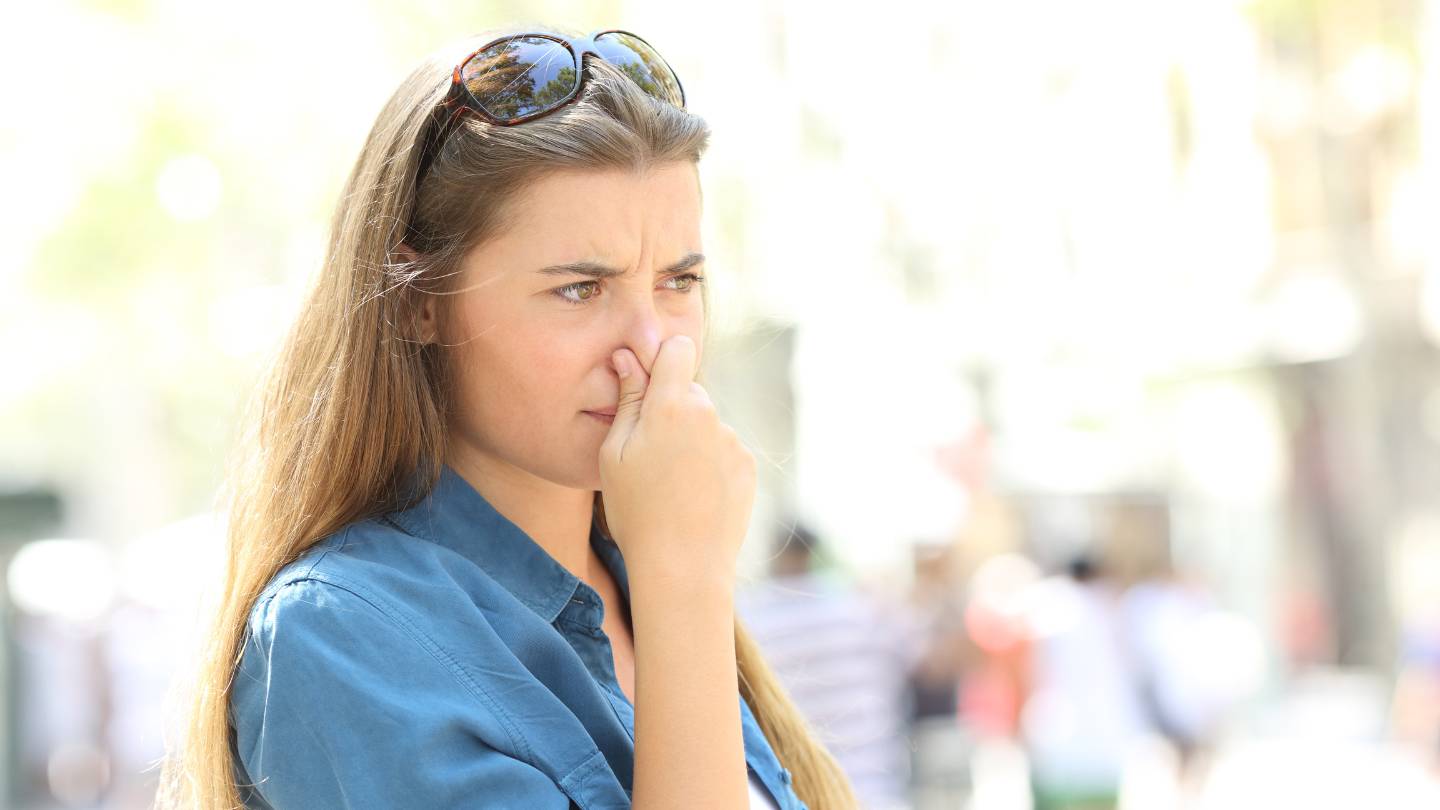
Spend Less Time And Prevent Trouble
Finally, hire a professional service to remove the deceased animal to spare some effort and time. Unless you have experience with carcasses and know how to dispose of them properly, cleaning up after an animal's death can be a dangerous and tough task. If you hire a professional service, they will handle the task promptly and securely, relieving you of any responsibility so that you may attend to other matters of greater importance.
Conclusion
Smelling like a dead animal can be gross and unpleasant, and it can be hard to get rid of. Follow your nose to where the smell is coming from and look in places like attics, basements, or cars to get rid of it. If the animal doesn't die right away when it hits something, look into it more. If the animal doesn't die right away, go to the place that smells the worst.
Get rid of the smell by burying it, setting the body on fire, or throwing it away in the trash. To clean and germ-free the area, spray it with an alkaline cleaner and then wipe it down. Clean any drapes, clothes, blankets, or other things that may have touched the dead animal, and throw away anything that can't be cleaned.
Getting rid of the smell and the body parts should be done if the animal dies in an awkward place. Use a germ killer or smell remover, like Bac-Azap, Earth Care Odour Remover Bags, or Smelleze, on the area. Once the smell is gone, close up the holes.
Open all the windows and put up fans to let fresh air flow through. Use bleach, baking soda, coffee beans, activated carbon, or an air cleaner to get rid of smells in the air. You can clean the air with commercial aerosol sprays, scented candles, diffusers, scented scents, aromatherapy diffusers, and medicinal sachets filled with fresh herbs.
To keep animals out of your home, close up any holes or openings, get rid of any food sources they might find, and clean up the area around your house. Animals won't be able to chew through these places if they are sealed with metal wire, concrete, or mortar. Get rid of things that birds like to eat, like bird seed, animal feed, compost, garden fruit, and pet waste. Keep the area clear of trash and other junk so animals can't use it as a cover or to get in.
Hiring a professional service to get rid of a dead animal is safe since being around dead animals for a long time can be bad for your health. They've been trained and have the right safety gear and tools to do jobs that could be dangerous. They also clean up the area to get rid of any smells that might still be there and make sure the removal is quick and safe.
It is important to hire a licenced and insured dead animal removal service for a quick and reliable service that gets rid of possible dangers, bad smells, and unsightly sights. In an eco-friendly way, they can get rid of dead animals, stopping the spread of disease and keeping the environment safe. You can trust the professionals who are working on your project because they have the skills and tools to finish the job.
Using a professional service helps you avoid problems and saves time. It can be dangerous and hard to clean up after an animal has died, so getting a service can save you time and work.
Content Summary
- Animals tend to seek warm places like attics, basements, and cars when unwell.
- The stench from a dead animal in your house, vehicle, or structure can be repulsive.
- Finding and removing the source of the scent is crucial to prevent health risks.
- Follow your nose to locate the dead animal, checking areas like walls, flooring, and insulation.
- Dispose of the carcass based on local regulations, using burial, burning, or trash options.
- Use gloves and a shovel to avoid direct contact while transferring the dead animal.
- Clean and disinfect the affected area with enzymatic cleansers like All-Zyme or Nature's Miracle.
- Ensure fabrics exposed to the dead animal are cleaned and sanitised using Pine-Sol or bleach.
- Remove uncleanable materials, like insulation, if the animal dies in an inaccessible place.
- If unable to find the dead animal, treat the area with a disinfectant or odour eliminator through drilled holes.
- Ventilate the space by opening windows and using fans to aid in odour removal.
- Deodorise the air using bleach-soaked rags, baking soda, activated carbon, or air filters.
- Use air-freshening products like Febreze, Lysol, candles, diffusers, or aromatic oils.
- Seal openings and gaps to prevent animals from entering, using materials like metal wire, concrete, and mortar.
- Remove potential food sources outside, such as water pools, bird seed, and pet waste.
- Maintain a clean area around the house by trimming vegetation and removing rubbish.
- Overgrown shrubs and organic materials can provide ideal nesting spots for pests.
- Professional dead animal removal services ensure safety and have the tools for the job.
- Long-term exposure to dead animals can harm human health due to bacteria and microbes.
- Professionals remove carcasses swiftly, eliminating dangers, bad smells, and unsightly sights.
- Uncooked animal remains may contain germs and parasites, posing risks to humans and animals.
- Rodents in contact with dead animals may spread infections like Hantavirus.
- The smell of decaying flesh can linger for days; professionals prevent unpleasant odours.
- Wildlife removal services dispose of carcasses without contaminating the area or endangering health.
- Professional dead animal removal guarantees responsible and law-abiding behaviour.
- Experts know protocols for handling deceased animals, ensuring eco-friendly disposal.
- Hiring professionals save time and effort, allowing individuals to attend to more critical matters.
- Quick removal of deceased animals eliminates potential dangers and unsightly scenes.
- Dead animals left in the open can lead to unpleasant odours that professionals prevent.
- Trained experts know how to dispose of carcasses properly to avoid environmental contamination.
- Professional services have the necessary expertise and equipment for dead animal removal.
- Responsible and law-abiding behaviour is assured when hiring a professional service.
- Hiring professionals allows individuals to relax while the task is completed with expertise.
- Experts handle the task promptly and securely, relieving individuals of responsibility.
- Dead animal removal services know the protocols for handling deceased animals responsibly.
- Hiring professionals ensures the proper and timely disposal of dead animals.
- The smell of decaying flesh can be harmful and last for days, emphasising the need for professional removal.
- Professionals use eco-friendly methods to dispose of dead animals without contaminating the area.
- Dead animal removal services guarantee a safe environment by preventing the spread of infections.
- The presence of a dead animal can attract pests, but professionals not only remove the carcass but also sanitise the area.
- Hiring professionals saves individuals from potential health hazards associated with dead animals.
- Quick removal by professionals allows individuals to enjoy their homes without enduring unpleasant odours.
- Wildlife removal operators are trained and equipped to handle dead animals, ensuring safe disposal.
- Dead animal removal services follow environmental rules, preventing grief for others.
- Hiring professionals ensures a responsible and law-abiding approach to dead animal disposal.
- Professionals use their expertise and equipment to handle the task safely and efficiently.
- Hiring a professional service guarantees compliance with environmental rules and regulations.
- Dead animal removal services offer a quick and reliable solution to dispose of carcasses.
- Professionals eliminate potential dangers, bad smells, and unsightly sights associated with dead animals.
- Hiring experts for dead animal removal allows individuals to focus on more important matters.
Frequently Asked Questions
Use bleach and water (1:9 ratio) or enzymatic cleaners to disinfect the area thoroughly.
Consider using an ozone generator or consult professionals for deeper cleaning or deodorising treatments.
Regularly inspect your property, seal entry points, and use pest control measures to deter animals from entering.
Prolonged exposure to the odour can cause headaches, nausea, and respiratory issues. Prompt removal and cleaning minimise health risks.
If the odour persists despite cleaning, if you cannot locate the source, or if the situation seems hazardous, it's wise to contact odour removal experts or pest control services.

